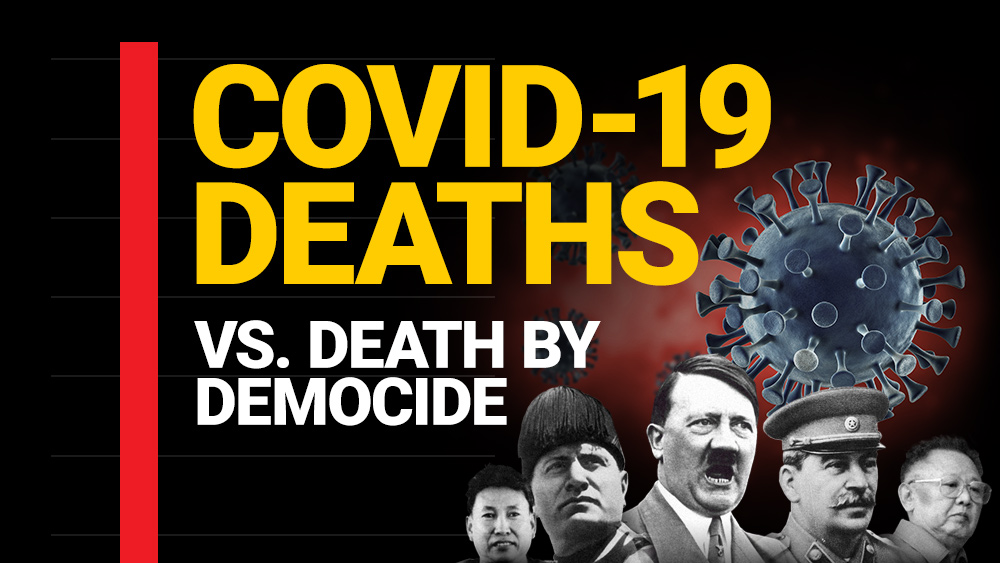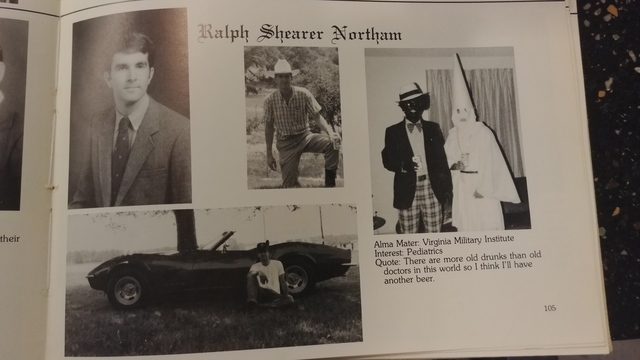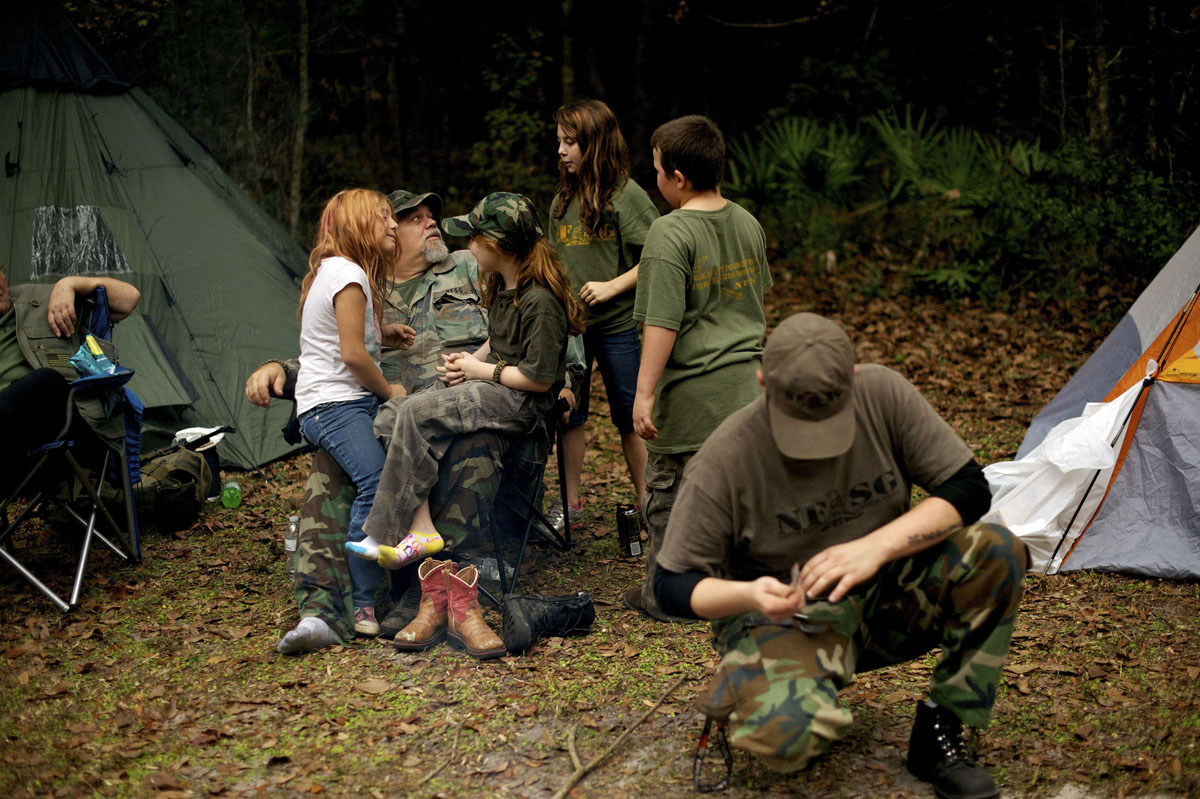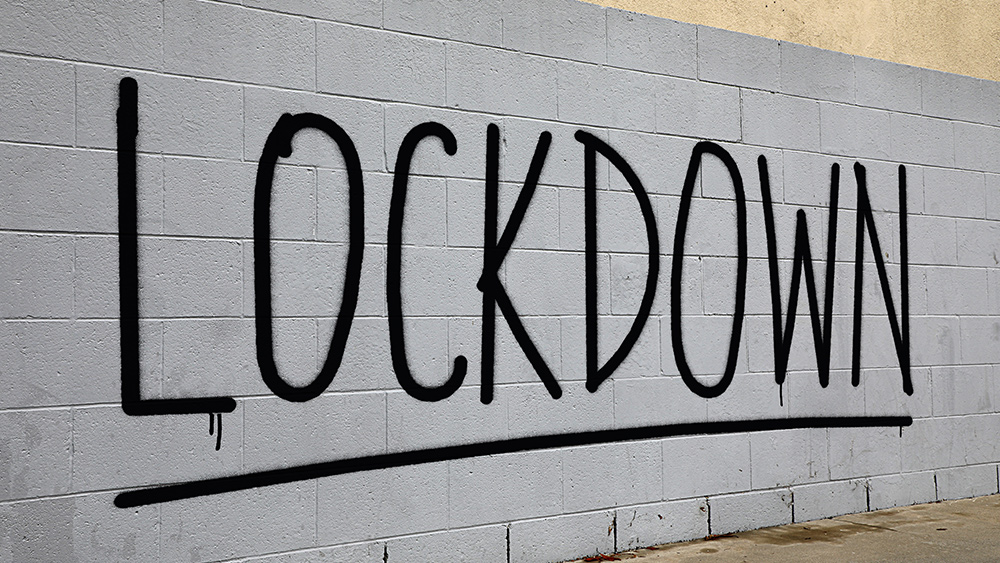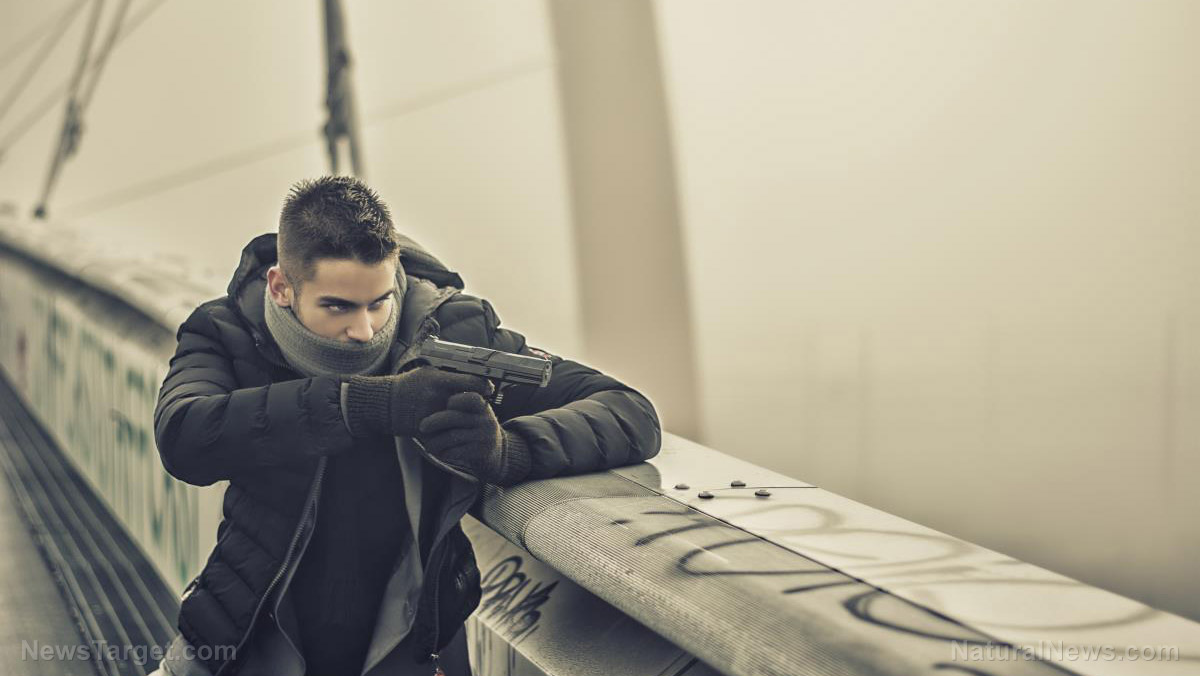Libertarian group pushing back against federal court ruling that allows police to retaliate against non-violent protesters: Does America even exist anymore?
04/20/2020 / By JD Heyes

The Constitution’s First Amendment guarantees a right to peaceably assemble and protest virtually anything, but especially government policies and actions.
The founders put that provision in the Constitution’s very first amendment for a reason: It was extremely important.
Back then, colonists — who were British subjects, by the way — could not protest the Crown, at least, not in any significant way. King George’s rule was nearly absolute and if you didn’t like one of his edicts, you were pretty much out of luck.
In the 250-odd years since, America has seen may periods of protest. It’s a birthright, same as free speech, the ability to worship who and what we please, when we please, the right to speak freely and exchange ideas, and so forth.
But today the right to peaceably assemble and hold government leaders accountable is in real danger of being taken away from us for good.
As lawyer and libertarian activist John Whitehead notes, the Rutherford Institute, which he founded, has filed an amicus brief in a case currently before the U.S. Supreme Court that, if left to stand, would allow police officers to hold even non-violent protesters financially liable if the officer is injured while performing duties during protests.
Whitehead writes:
In filing an amicus curiae brief with the U.S. Supreme Court in Mckesson v. Doe, Rutherford Institute attorneys are challenging a ruling by the Fifth Circuit Court of Appeals that allows law enforcement officials to hold protest organizers financially liable when officers get hurt (accidental or otherwise) while carrying out their duties at a constitutionally-protected demonstration, even when the organizers themselves did nothing to cause the injury.
Mind you, the First Amendment’s clauses protecting speech and the rights to assemble and redress government do not contain additional passages noting that protesters must incur the expenses of law enforcement officers, so it is difficult to understand how federal judges on the Fifth Circuit in New Orleans could even reach such a ruling.
Federal judges aren’t there to make law but to interpret whether laws passed or laws on the books comport with the Constitution’s various amendments and passages.
‘Police have mastered the art of the double standard’
This is like virtually every single gun law currently on the books; every one of them, if you read the Second Amendment as it was designed to be read and interpreted, violates the Amendment’s infringement clause in some form or another. (Related: Government tyranny is FAR more dangerous than covid-19… we must not slide into socialism or communism as we attempt to survive the coronavirus.)
“Incredibly, the lower court reasoned that organizers of a protest should be held responsible for engaging in activity that merely has the potential to involve police or require their presence, thereby exposing them to possible injuries,” Whitehead notes.
The case arose from a Black Lives Matter protest organized by former school administration-turned-activist DeRay Mckesson. The group was protesting against police brutality in front of a police station when one of the officers dispatched to monitor the crowd was struck by an object thrown by an unknown demonstrator.
The cop sued Mckesson because he was the organizer for more than $75,000, even though the activist did not himself engage in any violence and did not encourage anyone else to become violent, either.
“Police have mastered the art of the double standard: They don’t want to be held accountable for their own misconduct or that of their fellow officers, but they want to throw the book at anyone who peacefully engages in constitutionally protected activities if that person is nearby when a cop gets hurt on the job,” Whitehead said.
“This is yet another Machiavellian attempt by the government to prevent Americans from exercising their First Amendment right to peacefully speak truth to power,” he added.
The initial suit was dismissed by a lower federal court, but reinstated by the appeals court, which claimed that Mckesson should have known officers would be called in to respond.
But that’s asinine: Sending police to demonstrations also isn’t a constitutional requirement.
How this case turns out will have a dramatic impact on the First Amendment either way.
Sources include:
Tagged Under: chilling, demonstration, DeRay Mckesson, federal court, First Amendment, free speech, freedom, injury, law enforcement, lawsuit, liability, liable, Liberty, patriot, police officers, police state, protests, redress grievance, Rutherford Institute, Supreme Court
RECENT NEWS & ARTICLES
COPYRIGHT © 2017 PATRIOT NEWS

